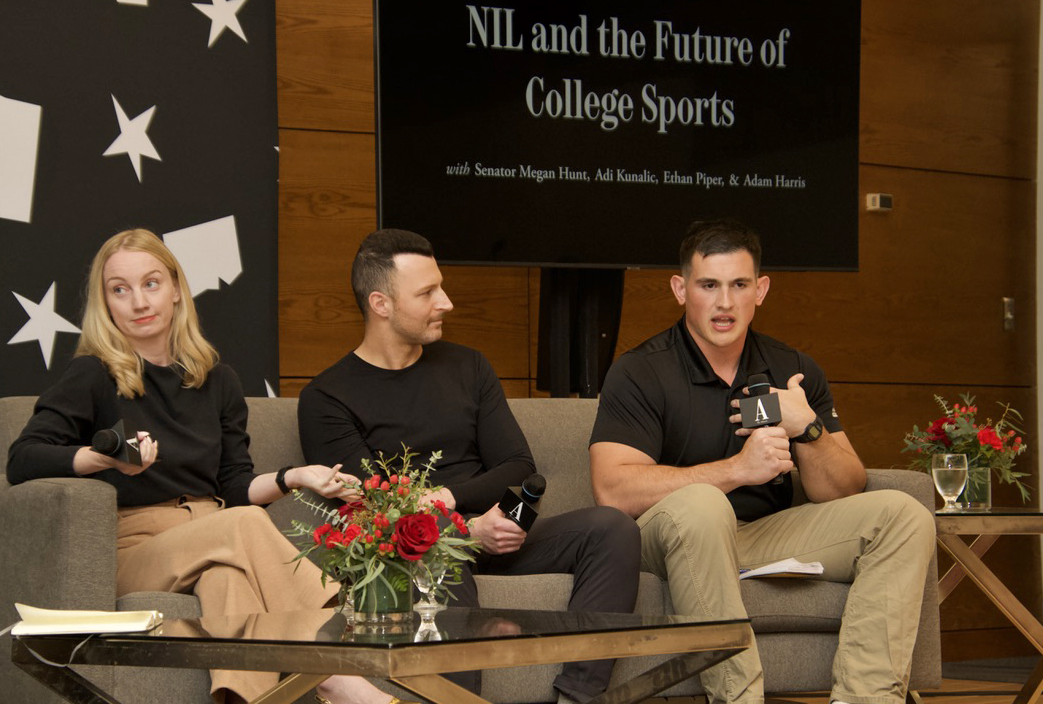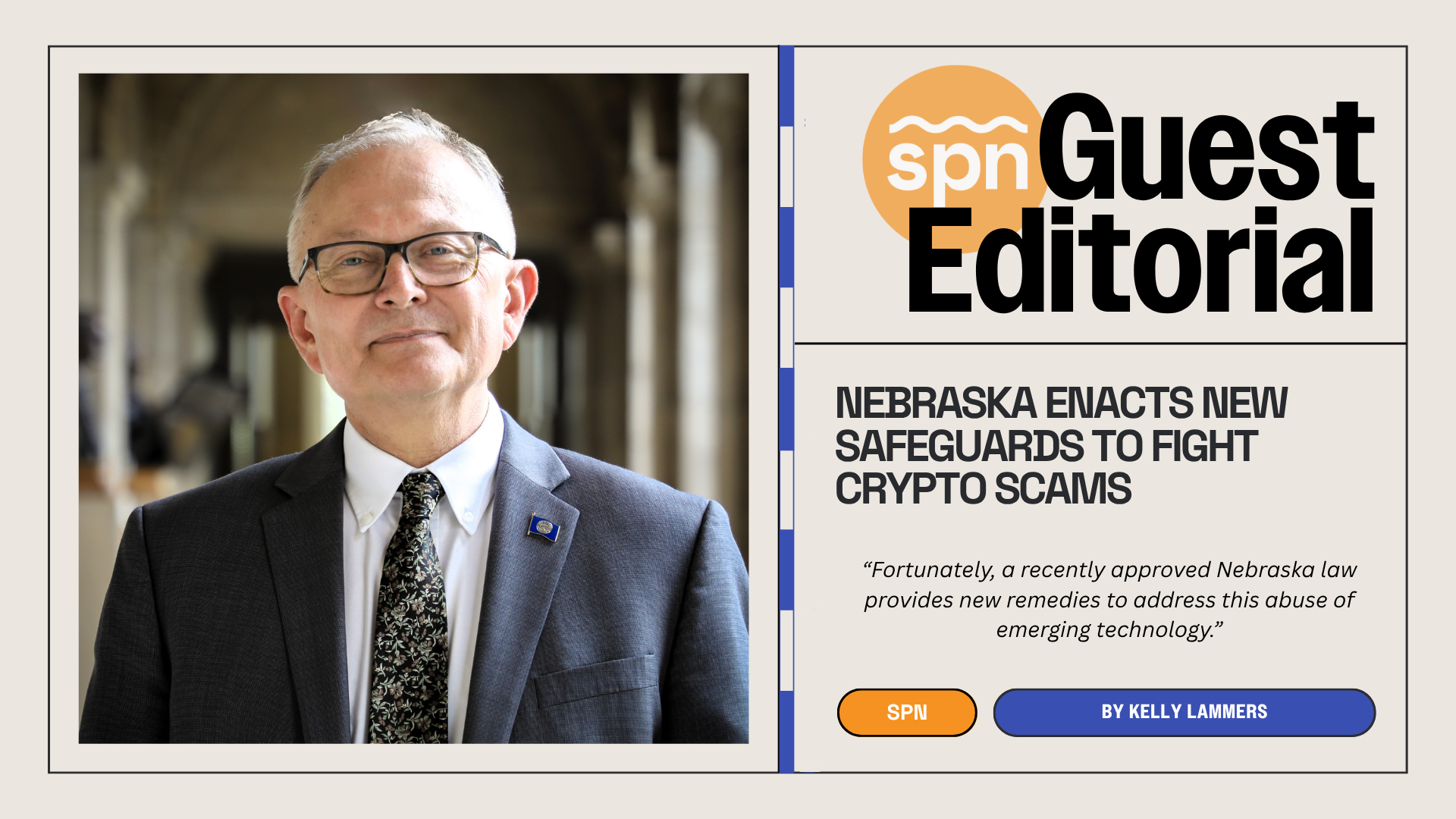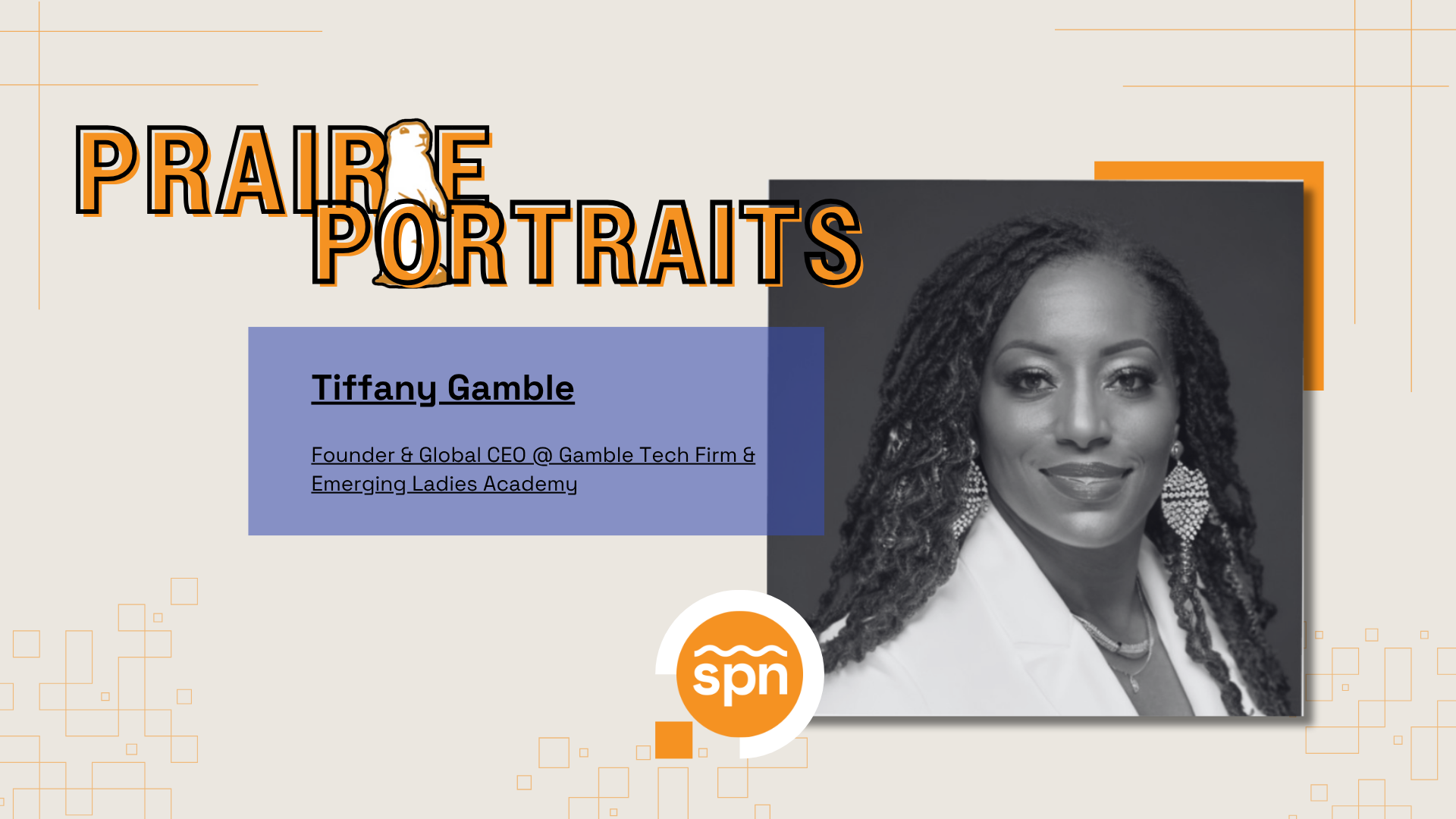Three years ago, an overnight sea change opened the door for college athletes across the country to profit from their own name, image and likeness through sponsorship deals, merchandise sales and other paid activities.
Now, top college athletes are making more money than they ever could’ve imagined, but with court cases and new rules likely looming, the boom won’t last forever, according to one of Nebraska’s foremost NIL experts.
“This right now is the best time to be a student athlete. It will never get better from here because we’re going to be swinging in the other direction here pretty soon, and things will start to balance out,” said Adi Kunalic, the co-founder of NIL marketing firm Opendorse.
The discussion about the impact of college athletics’ NIL rules came during the State of Our Union event organized by The Atlantic magazine in partnership with the Flatwater Free Press. The event, hosted in Lincoln on Oct. 23, featured a series of discussions with local leaders, policy makers and journalists on topics of regional and national importance.
After decades of penalizing athletes for capitalizing on their fame, the NCAA reversed course in July 2021 after a major court decision and a series of state law changes challenged the status quo.
A year prior, Nebraska Sen. Megan Hunt sponsored one of the bills that pressured the NCAA to adapt. If the college sports regulators had stood pat, the legislation would have allowed the state’s college athletes to profit from their own reputations starting in 2023 at the latest.
Hunt, an Omaha entrepreneur, said Wednesday she brought the bill because college athletes deserve the same right to cash in on their notoriety as anyone else, denouncing the NCAA’s longstanding classification of athletes as “amateurs.”
“In Nebraska … we’re very proud of our startup community, of our entrepreneurial community, so why do we cut these college athletes out of it?” Hunt said.
When the NIL shift came, a Lincoln-based startup founded by two former Nebraska football players was ready to pounce.
Opendorse, which had previously worked with pro athletes, began providing NIL consulting and compliance services to universities and connecting student-athletes to sponsors through an online marketplace. Its platform now boasts more than 150,000 participating athletes, said ex-Cornhuskers kicker Kunalic.
The homegrown company found an early adopter in University of Nebraska Athletics, which agreed to pay Opendorse more than $200,000 in 2021 and 2022, according to a contract obtained by FFP. The university currently has a contract with the firm worth $120,000 a year.
The NIL landscape quickly became dominated at the highest level by wealthy boosters who formed school-specific “collectives” to funnel cash to athletes in the form of NIL deals. College athletes cannot directly receive payment for their play, but collectives can offer athletes de-facto salaries for performing charity work and other simple tasks, the Washington Post reported.
Earlier this year, UNL Athletics announced the 1890 Initiative as its official collective.
Nebraska Athletics has not publicly stated how much its athletes earn through NIL agreements.
In response to a March records request, university officials refused to provide FFP with the amounts of money paid to athletes through NIL deals, saying that records containing the information were not “of or belonging to” the university.
Kunalic noted that the country’s most marketable college athletes are raking in seven-figure sums, changing the lives of those from disadvantaged backgrounds.
“If you’re a student athlete right now and you’re highly recruited, you are going to make just an irrational amount of money,” Kunalic said. “Why not take advantage of that?”
The future of NIL and how college athletes are paid remains deeply uncertain. A federal judge preliminarily approved a settlement that would allow universities to pay athletes directly, which could rattle the NIL economy.
For former Cornhuskers offensive lineman Ethan Piper, the sudden changes in rules and laws were bewildering.
The Norfolk native remembers being recruited in the late 2010s before athletes could get paid for off-the-field activities. He recalls the early days of NIL when teammates were scrambling to create personal logos and hawk T-shirts to make a few bucks.
It’s all much more organized now, but it’s still crazy to see college sports becoming “minor leagues” for professional leagues, he said.
Players making money from their names, image and likeness is a good thing, Piper said, but he advises current athletes to stay focused on their sport and to build meaningful relationships with coaches and teammates.
“Learn how to build the garden before you pick the flowers,” Piper said.
The Flatwater Free Press is Nebraska’s first independent, nonprofit newsroom focused on investigations and feature stories that matter.




